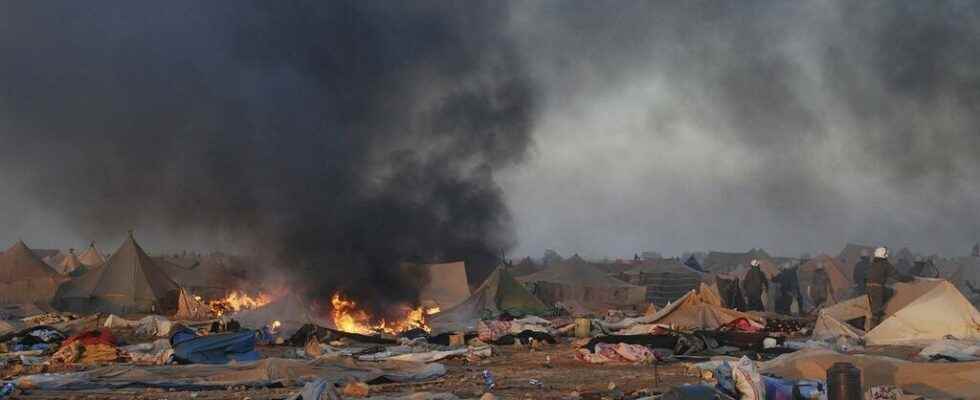Four people, some of whom have been detained since 2010, seized the United Nations Committee against Torture in Geneva on Thursday, June 9. Among them, one of the convicts from the Gdeim Izik camp.
The United Nations Committee against Torture has already condemned the Moroccan kingdom twice, in 2016 and 2021, for the treatment inflicted on four other imprisoned independence activists. Even if these convictions have not been followed by effect, their defenders believe that it is necessary to continue to prosecute Morocco.
Zoé Paris is an Advocacy Assistant at theACAT, the Association of Christians against Torture, an organization which accompanies complainants and directly represents one of them. ” ACAT represents Mohamed Lamine Haddi, imprisoned for more than 11 years, she explains at the microphone of Francois Mazetfrom the Africa editorial staff of RFI. And for nearly five years, Mohamed Lamine Haddi has been held in solitary confinement roughly 23 hours a day. The last visit from his mother was in 2018, and the last visit he received from his sister, the last person to visit him, was in 2019, so three years ago. The only thing he gets is a 4 minute call every week, if not every two weeks. »
Mohamed Lamine Haddi was sentenced to 25 years in prison in 2013 in the framework of the collective trial of “Gdeim Izik”, named after a camp on the outskirts of the city of Laayoune in Western Sahara where bloody clashes erupted in 2010 following its dismantling by the Moroccan army. The army claims to have been attacked by armed elements while carrying out a peaceful evacuation operation. More than 20 people had been tried guilty of premeditated murder in the first instance by a military court then retried in civil court after the abolition of the special courts in Morocco.
► Read also : Fair trial for Mohamed Lamine Haddi (on the Amnesty International website)
“ No matter what Morocco does, whether or not it applies the decisions, we will continue to go before the Committee against Torture. What is important is to continue to highlight these cases, to get people talking about them and to put pressure on Morocco, resumes Zoé Paris. It is a hope for the families and it gives them courage. It was of great value to them that we recognize that their children, their brothers, were victims of torture and condemned on the basis of confessions obtained on torture “.
► Also to listen : Western Sahara’s Forgotten Conflict
